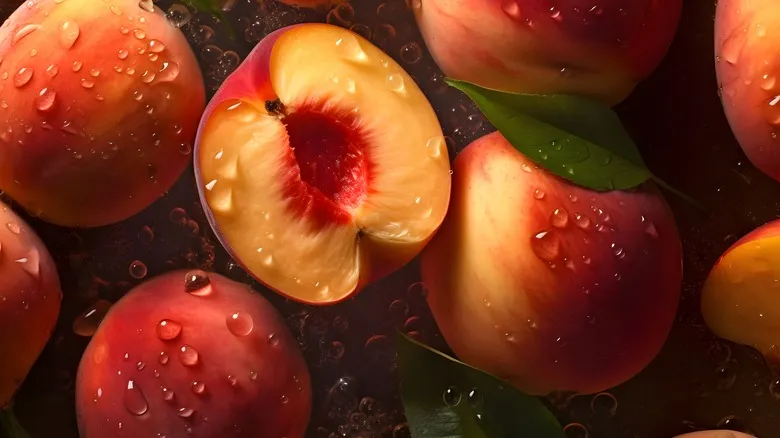When it comes to ripening peaches, the magic is in the bag
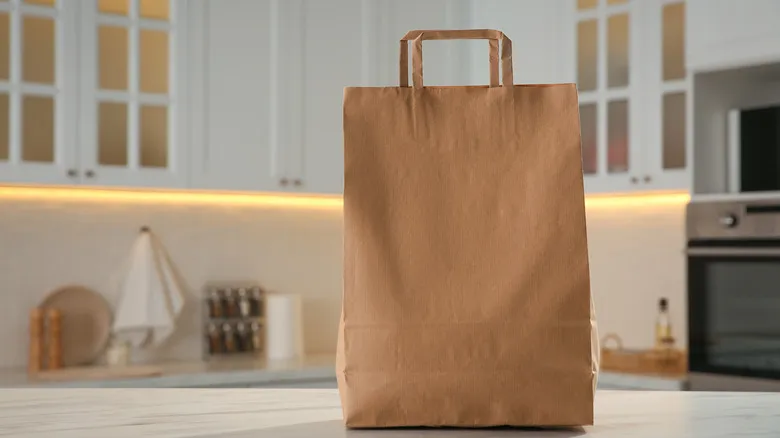
Peaches are climacteric fruits, which means they continue to ripen even after being harvested. Other fruits in this category include plums, apricots, and mangoes. In contrast, non-climacteric fruits such as apples, grapes, and watermelons cease to ripen once picked. This difference is due to climacteric fruits producing ethylene gas, while non-climacteric fruits do not.
Ethylene gas is a hormone that climacteric fruits release as they grow and ripen. If left on the tree, this gas aids in converting starches into sugars, allowing the fruit to gain weight until it eventually falls to the ground. Once on the ground, the fruit begins to decompose, nourishing the seeds inside and facilitating the growth of a new fruit tree. This is why climacteric fruits intended for transport and sale are often harvested early, ensuring they stay fresh and appealing. If you’re struggling to find ripe peaches at the store, early harvesting might be the reason.
Although underripe peaches will eventually soften and become juicy on their own, placing them in a paper bag can accelerate this process by trapping the ethylene gas. This gas circulates around the fruit instead of escaping, helping them ripen more quickly. While plastic bags can also hasten the ripening process, they retain both ethylene gas and moisture, which can lead to mold. Paper bags, on the other hand, allow moisture to escape, making them the preferable option.
Recommended
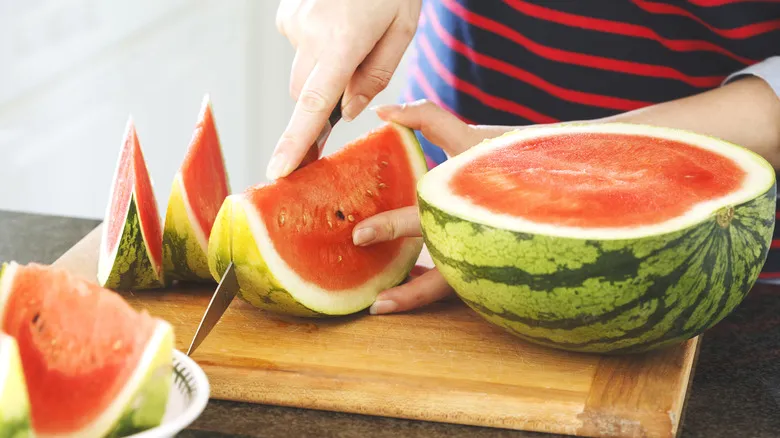
Here's What A Bad Watermelon Looks Like Inside
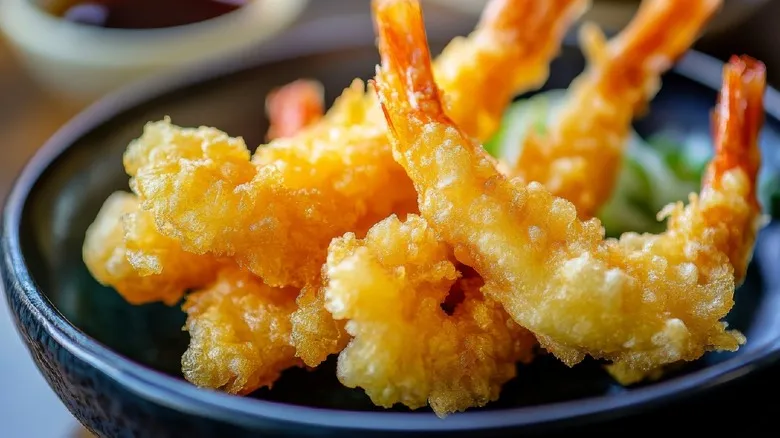
The Best Way To Enjoy Costco's Shrimp Tempura Taco Kit
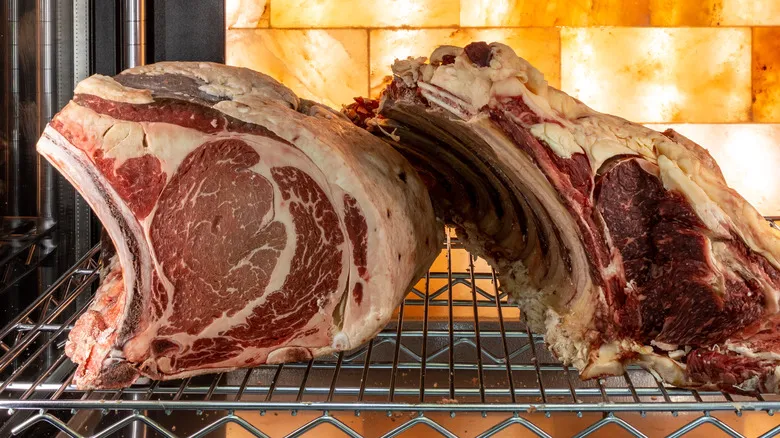
The Tell-Tale Signs Your Dry-Aged Steak Is Ready To Devour
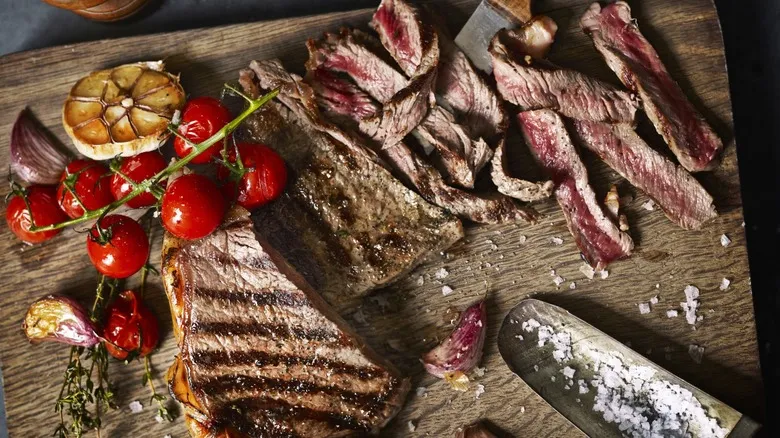
Get More Creative With Your Steak By Serving It Charcuterie-Style
Next up

